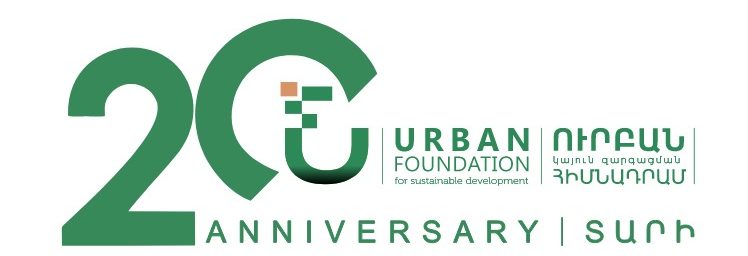Nov 2020 – Apr 2021 Assessment of the quality of construction works, as well as maintenance of equipment provided to the communities within the micro-projects implemented under the Social Investment and Local Development Program
This study is ordered by the Armenian Social Investment Fund (ATDF) and analyses the results of the “Social Investments and local Development” (SILD) project funded by the World Bank. The report presents the results of the assessment of quality of construction works of micro-projects, costs and preservation of infrastructures and equipment given to the communities.
The study is carried out by the Urban Foundation of Sustainable Development (UFSD) according to the contract TCWA-2 signed with ATDF based on the Methodology approved by ATDF. 25 projects have been assessed under two components of SILD:
Component 1: Support to the social-economic development and local capacity development – 20 micro-projects.
Component 2: Support to inter-municipal social-economic initiatives 5 sub-projects.
The aim of the study is to assess the quality of the construction works, costs, and the state of preservation of renovated or newly constructed infrastructures, and equipment handed over to the communities. It summarizes the results of the assessment carried out in the following subject areas -objectives:
- Quality of the design
- Quality of the construction works
- Assessment of costs of construction
- Preservation of infrastructures
- Preservation of the equipment given to the communities
Each of the these objectives have been assessed by aggregating information received from a number of questions (sub-objectives) by means of desk research, physical observation of infrastructures and qualitative interviews.
The results of the study show that projects under SILD Component 1 have been implemented in accordance with the proposals submitted by beneficiary communities, serve their purpose and have important social significance in the life of the communities. Project Implementation Committees (PICs) in most cases have had active involvement in all stages of the project; communities demonstrate high level of responsibility in preservation of the renovated or newly constructed infrastructures.
In the studied projects, the quality of construction works is evaluated with scored from 1 to 4 (where 1 is ‘bad’ and 4 is ‘excellent’) according to the criteria described in the methodology and based on discussions of the consultants. ‘Good’ and ‘excellent’ scores prevail in studied projects (70%).





